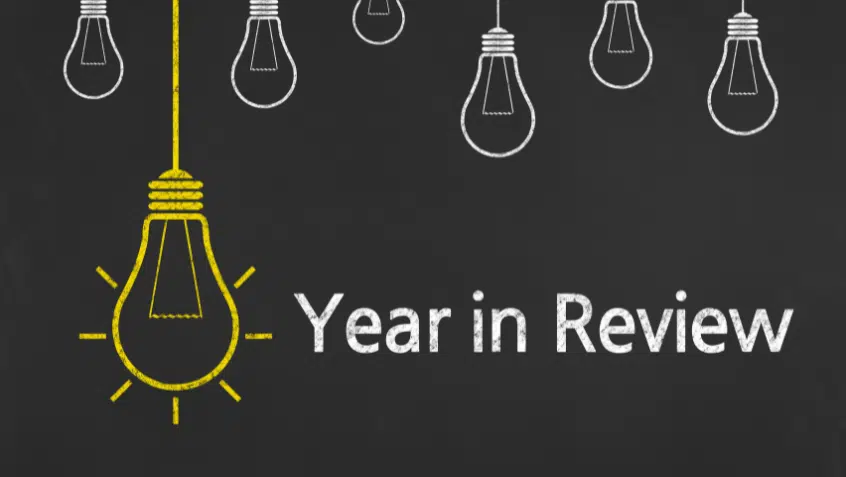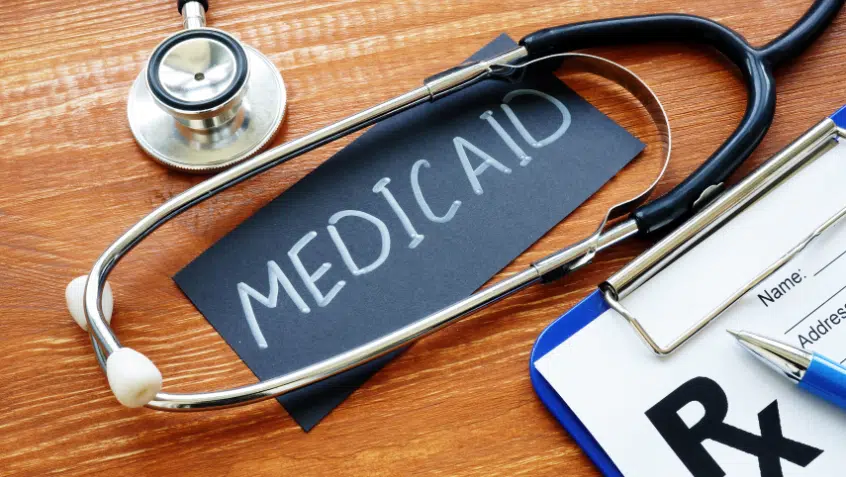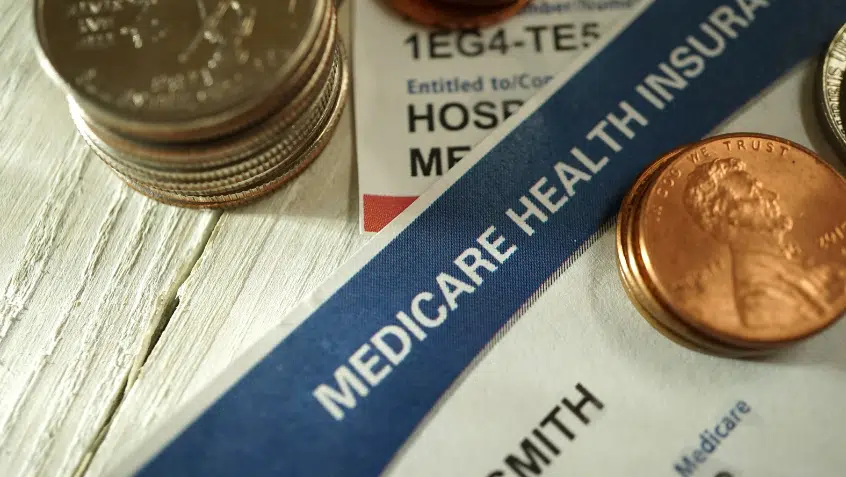New York Medicare Savings Program Eligibility Expansion Now in Effect
—Benefit saves beneficiaries an estimated $7,300 a year in health care costs— New York, NY—Starting January 1, 2023, eligibility for
Join Us Live for a Discussion on Medicare, Democracy, and the Future of Health Care
—Benefit saves beneficiaries an estimated $7,300 a year in health care costs— New York, NY—Starting January 1, 2023, eligibility for


This has been a year of extreme highs and devastating lows. On balance, the year has been a positive one,

Last week, the Leadership Council of Aging Organizations (LCAO) sent a letter to U.S. Senate and House leaders identifying policy

Earlier this year, the Centers for Medicare & Medicaid Services (CMS) published a proposed rule to streamline Medicaid and Medicare

This week, the Medicare Rights Center submitted comments in response to a proposed rule that would ease enrollment into and
Comments supporting changes to streamline Medicaid and MSP applications, determinations, and redeterminations.


Older adults and people with disabilities may face barriers to programs that could help them pay for Medicare and other

The Centers for Medicare & Medicaid Services (CMS) recently announced a proposed rule to streamline Medicaid and CHIP application, eligibility
—Benefit saves beneficiaries an estimated $7,300 a year in health care costs— New York, NY—Starting January 1, 2023, eligibility for


This has been a year of extreme highs and devastating lows. On balance, the year has been a positive one,

Last week, the Leadership Council of Aging Organizations (LCAO) sent a letter to U.S. Senate and House leaders identifying policy

Earlier this year, the Centers for Medicare & Medicaid Services (CMS) published a proposed rule to streamline Medicaid and Medicare

This week, the Medicare Rights Center submitted comments in response to a proposed rule that would ease enrollment into and
Comments supporting changes to streamline Medicaid and MSP applications, determinations, and redeterminations.


Older adults and people with disabilities may face barriers to programs that could help them pay for Medicare and other

The Centers for Medicare & Medicaid Services (CMS) recently announced a proposed rule to streamline Medicaid and CHIP application, eligibility